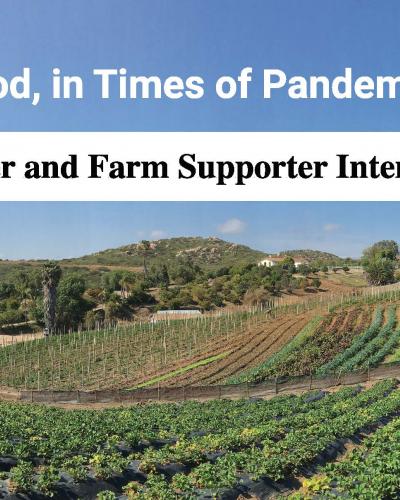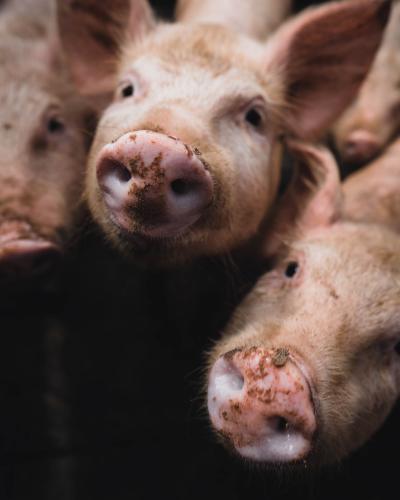Dr. Ankita Raturi at Purdue University, one of the Organic Center’s Scientific Counselors, is leading a project that will result in the design...
Woody vines can plague farms in the eastern U.S. nestled among natural woody areas, as well as home gardens across the entire country. Glyphosate (Roundup) has been a commonly used herbicide to...
Organic certification prohibits continuous confinement and the use of antibiotics in livestock production, which increases the health and wellbeing of the animals, as well as those who handle them...
The body of science that shows organic farming can reduce greenhouse gas emissions, increase carbon storage, and mitigate climate change is growing. However, since organic production is generally...
Chemical control of pests using synthetic insecticides like neonicotinoids, organophosphates and pyrethroids can harm non-target insects such as natural enemies to pests. A recent study published...
While the agricultural sector uses the majority of conventional pesticides, lawn and home garden care accounts for 24 percent of pesticide sales and 6 percent of overall...
Organic agricultural practices provide many ecosystem services that improve farm production while simultaneously protecting the environment. For instance, organic farming...
Photo Credit: Kelly Sikkema
According to a new study in the journal Foods, conventional farmers are now using twice as much glyphosate spray as they did in the...
WASHINGTON, D.C. (April 9, 2020)—Nitrogen is part of the foundation for all life. But too much of a...
Palm oil is a widely used ingredient in processed foods and a popular cooking oil that is often preferred for its affordability when compared to other vegetable oils. Unfortunately, oil palm...










